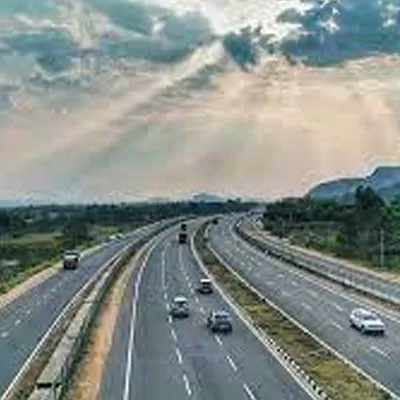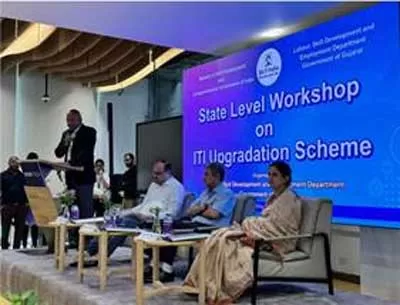
NHAI: Double Toll from Vehicles with non-affixed FASTag

India to Invest Rs 600 Billion to Upgrade 1,000 ITIs
As part of its drive to modernise vocational training, the Ministry of Skill Development and Entrepreneurship (MSDE), in collaboration with Gujarat’s Labour and Employment Department, held a State-Level Workshop at the NAMTECH Campus within IIT-Gandhinagar to discuss the National Scheme for ITI Upgradation.The consultation brought together key stakeholders from industry and the training ecosystem to align expectations and support implementation of the scheme, which aims to transform 1,000 Industrial Training Institutes (ITIs) across India using a hub-and-spoke model. The total outlay stands ..

India Unveils Rs 600 Billion Maritime Finance Push
The Ministry of Ports, Shipping & Waterways (MoPSW) hosted the Maritime Financing Summit 2025 in New Delhi, bringing together over 250 stakeholders including policymakers, industry leaders, global investors, and financial institutions. The summit, held under the ambit of Maritime Amrit Kaal Vision (MAKV) 2047, focused on transforming India into a leading maritime power with strengthened financial, infrastructural, and technological capabilities.Union Minister Sarbananda Sonowal emphasised India's strategic progress, noting that average port turnaround times have dropped from four days to u..

Govt Allocates Rs 500 Million To Boost Community Radio
The Central Government, through its ‘Supporting Community Radio Movement in India’ scheme, has allocated Rs 500 million to strengthen the community radio ecosystem across the country. The initiative aims to assist both newly established and long-operational Community Radio Stations (CRSs), ensuring their relevance to local educational, social, cultural, and developmental needs.According to the policy published by the Ministry of Information and Broadcasting, CRSs may be set up by not-for-profit organisations with at least three years of demonstrated community service. These stations are ex..



















